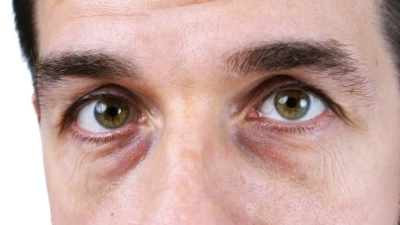Muscle dysmorphia, also known as bigorexia nervosa or bodybuilder’s syndrome, is a psychological disorder characterized by an excessive preoccupation with building muscle and achieving a “perfect” physique. This condition affects men more commonly than women and is particularly prevalent among adolescents and young adults.
Symptoms of Muscle Dysmorphia
Common symptoms include:
- Obsessive concern with muscle size and body shape
- Persistent feelings of inadequacy or dissatisfaction with one’s body, even when it is already large and muscular
- Excessive exercising, even to the point of injury
- Following extremely strict diets, which can lead to malnutrition
- Use of steroids or dietary supplements to enhance muscle growth
Health Impacts of Muscle Dysmorphia
Muscle dysmorphia can result in a range of physical and psychological health problems, including:
- Malnutrition
- Cardiovascular problems
- Liver damage
- Kidney issues
- Sleep disturbances
- Depression
- Anxiety
- Suicidal thoughts or behaviors
Treatment for Muscle Dysmorphia
Treatment can help individuals with muscle dysmorphia change their thoughts and behaviors around body image and food. It typically involves psychotherapy, such as cognitive behavioral therapy (CBT) and cognitive restructuring techniques.
Conclusion
Muscle dysmorphia is a serious psychological disorder that can lead to severe health consequences. If you suspect that you or someone close to you may be struggling with this condition, it is important to seek help from a mental health professional




